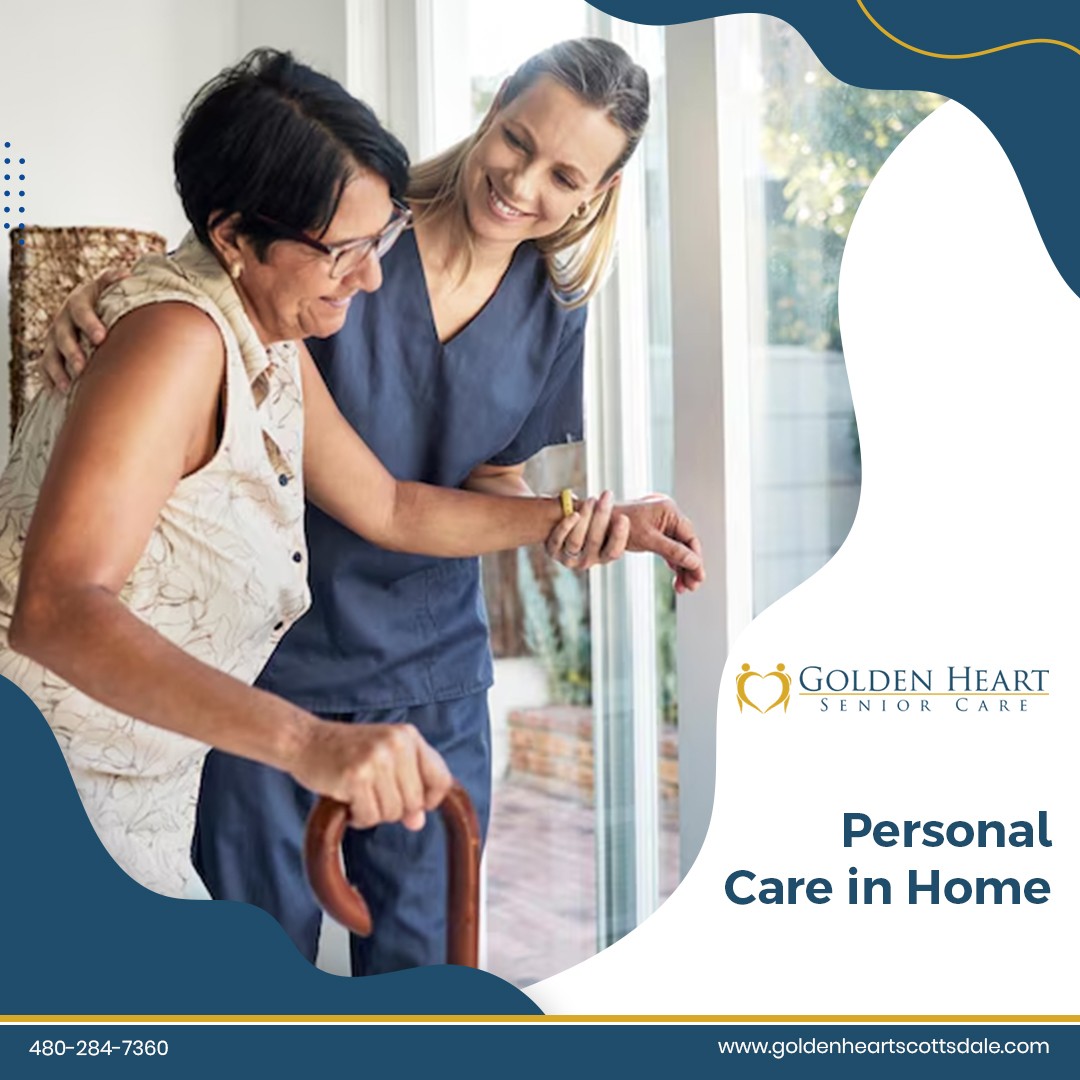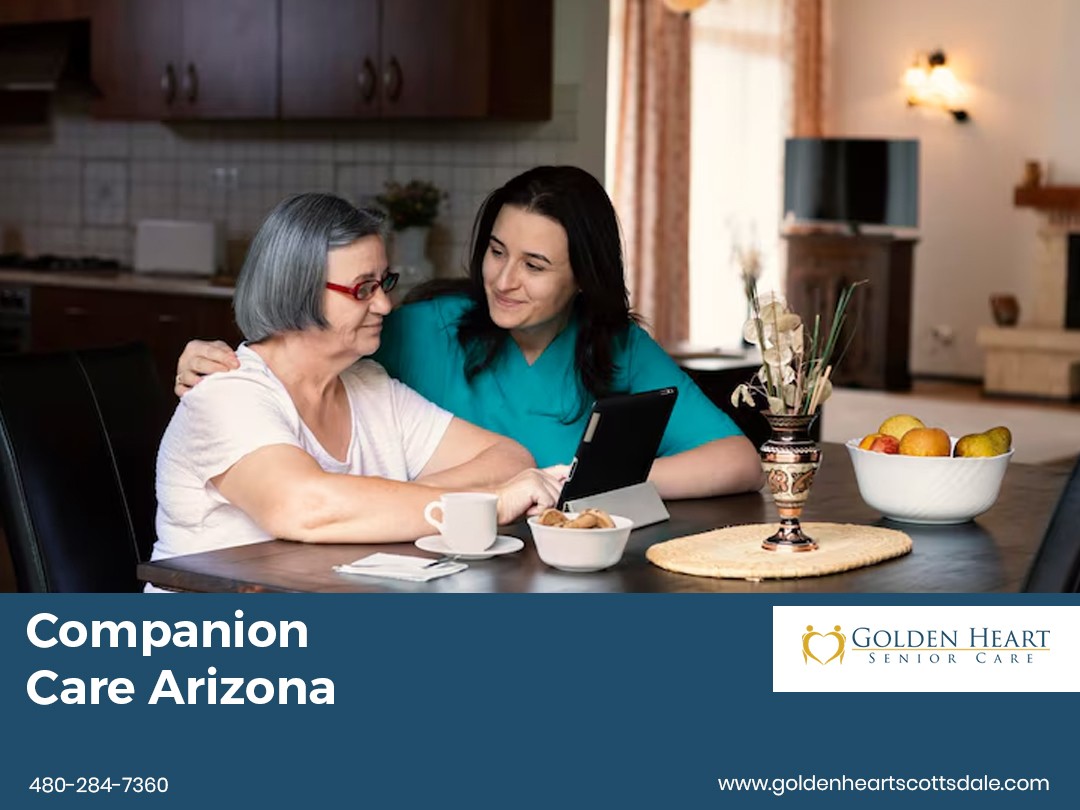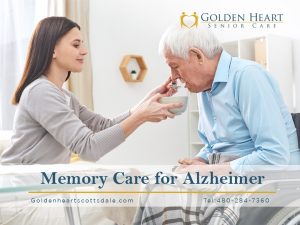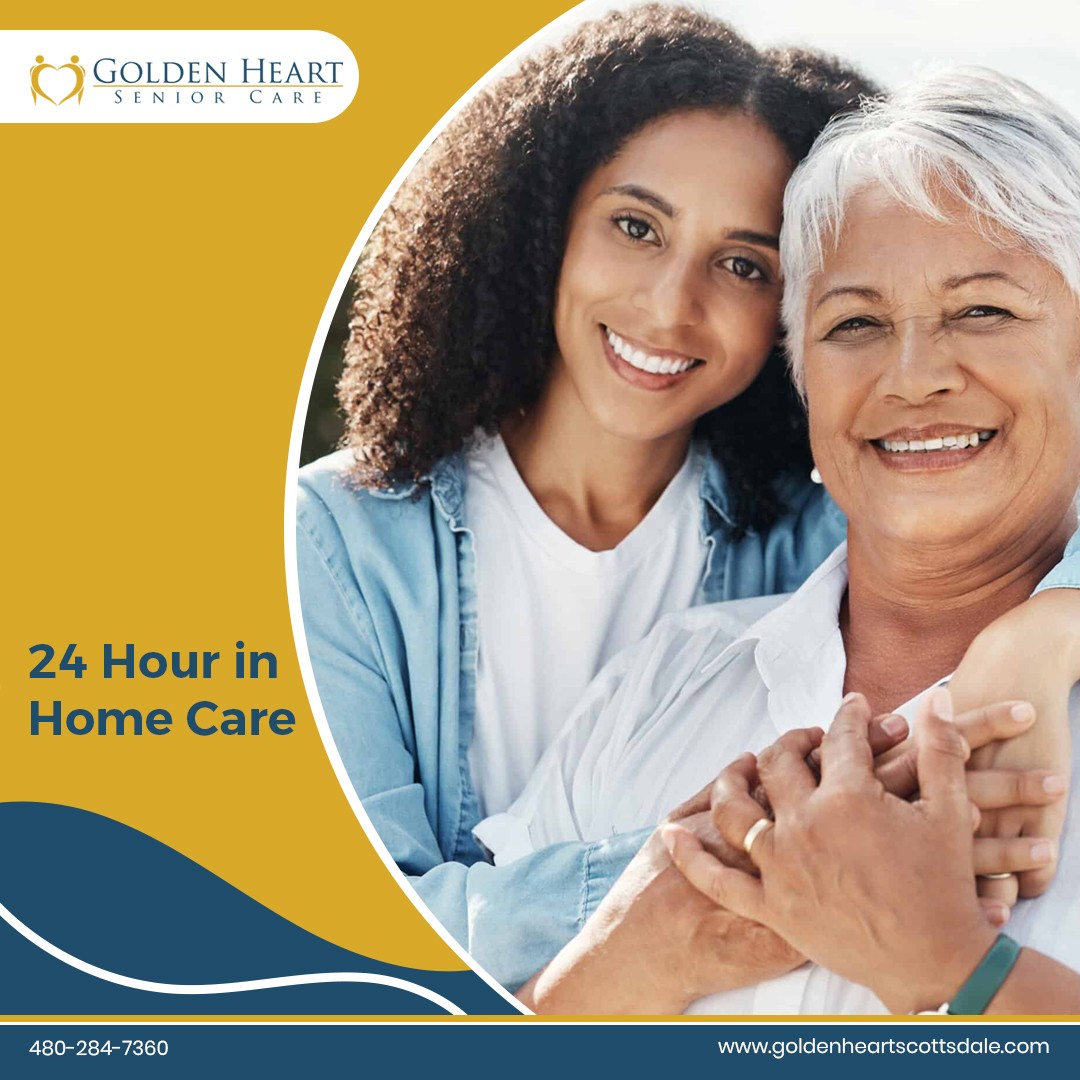Aging is not just about adding years to life, but adding life to those years. For many seniors, staying active and engaged makes the golden years truly shine. While physical health matters, emotional and social well-being are just as important. This is where companion home care services become a lifeline — offering not just help, but hope, connection, and purpose.
The Heart of Active Aging
Active aging is not about running marathons or extreme workouts. It’s about keeping the body, mind, and spirit moving in ways that feel fulfilling. This can mean:
- Going for a walk in the garden.
- Playing a favorite board game.
- Sharing stories over a cup of tea.
- Learning a new hobby or skill.
For many seniors, having someone to share these moments with makes all the difference. Elderly companion care services provide that consistent presence — a friendly face, a listening ear, and a helping hand.
Why Companionship is a Key to Health
Loneliness is more than just a sad feeling. Studies show it can increase the risk of depression, cognitive decline, and even physical illness. Seniors who feel isolated may lose motivation to stay active or maintain healthy habits.
Companion care changes that. It:
- Encourages daily activities that keep the mind sharp.
- Helps maintain a regular routine for physical activity.
- Provides emotional support during difficult moments.
- Creates opportunities for laughter, conversation, and shared experiences.
These small, consistent acts help seniors feel seen, valued, and motivated to keep moving forward.
The Emotional Impact of a Caring Presence
Think about how different a day feels when you have someone to talk to. A conversation at breakfast. A shared laugh in the afternoon. A kind word before bedtime. For seniors, these moments can transform an ordinary day into one filled with warmth and meaning.
Elderly companion care services are more than a checklist of tasks. They are about building trust, creating bonds, and becoming part of someone’s life story. Many seniors open up in ways they never would with strangers, sharing memories, dreams, and even worries. This emotional connection becomes a source of strength.
Staying Active, Body and Mind
A healthy lifestyle is not just about eating well or exercising, it’s about staying engaged with the world. Companion care helps by introducing activities that stimulate both the body and the mind. This could include:
- Gentle stretching or light exercise together.
- Helping with meal preparation to encourage healthy eating.
- Playing puzzles or memory games.
- Going on small outings, like visiting a local park or attending a community event.
These moments do more than pass the time; they create joy, keep the body active, and keep the mind alert.
When Aging Feels Less Lonely
It’s not just the big gestures that matter, it’s the everyday moments. Someone remembering how you like your tea. Someone who notices when you seem quieter than usual. Someone who shares your joy over the first flower blooming in spring. These details are what make aging feel less lonely and more like a journey worth cherishing.
Wrapping Up:
Golden Heart Senior Care believes that every person deserves more than just assistance, they deserve a companion who makes each day brighter. We match seniors with compassionate caregivers who bring not only skills, but also heart. Be it sharing stories, taking a stroll, or simply sitting together in comfortable silence, our focus is on making life richer, more connected, and more joyful.
For families, knowing their loved one has both care and companionship brings peace of mind. And for seniors, it means waking up with something to look forward to. If you want your loved one’s days filled with comfort, laughter, and a sense of purpose, let us walk this journey with you. Connect with Golden Heart Senior Care today because every day in the golden years should feel truly golden.
Get in Touch
Golden Heart Senior Care
Phone: 480-284-7360
Website: www.goldenheartscottsdale.com
Address: 8111 E. Thomas Rd Ste. 112 Scottsdale, AZ 85251









